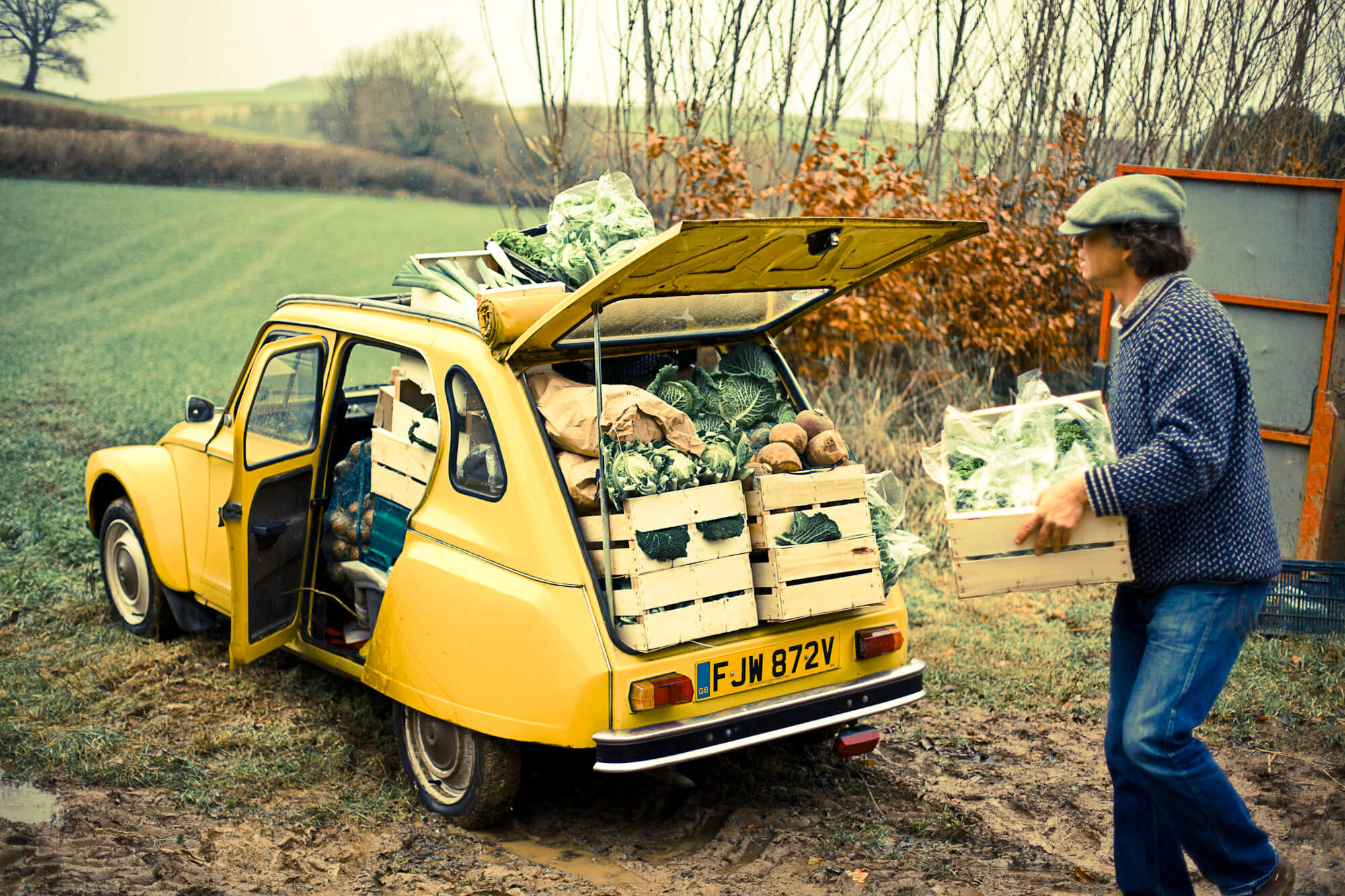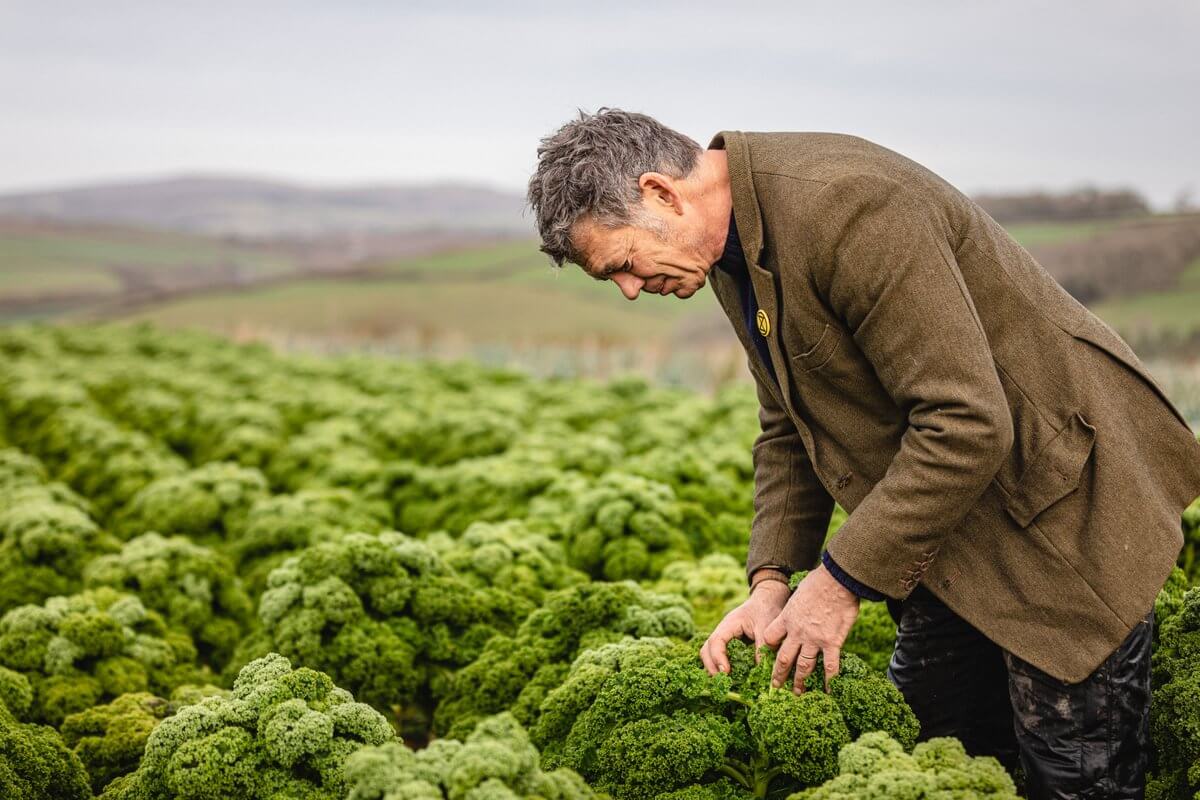The joy of walking in nature – biophilia as it’s sometimes called – reminds of us what we’re fighting for. As an eco-activist tool, little beats it. The other boon is that walking goes in the opposite direction to neo-liberalism. It always has done, ever since the inception of the more-more-more model in the 19th century. Witness Nietzsche and Heidi in the Swiss Alps, the Wordsworths in the Lake District. In Paris, the intellectual elite took to walking in public parks.
In the States there were the naturalists Henry David Thoreau, Walt Whitman and John Muir who were also vocally anti-capitalist. In a system that disconnects us from ourselves, each other and what matters, that reduces us to small productive units – cogs in a machine – and goes at a madly, pointless, distracted pace that has us running down a hill too fast for our legs to connect to earth, walking sticks two fingers up at the whole damn destructive, conformist lot. In fact, thinking about it just now with you, to walk is to commit a most deviant act!
In a system that rapes and pillages the planet as though it were separate from and subservient to us, walking in nature is an act of radical correction. I love New Yorker essayist Adam Gopnik’s description of walking in Manhattan as an expansive connection, ‘a happy opening out to an enlarged civic self rather than a narrowing down to a contemplative inner one; a way of scooting toward the American Over-Soul, in sneakers.’ He speaks to a particular freedom, for which people in big cities are yearning deeply at the moment, particularly cities gridlocked in dated neo-liberal market values: ‘when we walk in New York, we always hope to randomise our too neatly gridded city existence. You go where your feet take you. Buses follow routes and subways have schedules, but someone on foot goes wherever he wants.’
I remember Helen Gurley Brown, the founding editor of Cosmopolitan and my mentor during my time at the magazine, teaching me how to walk in Manhattan. We were sitting on the leopard-print carpet stairs of her Central Park-side penthouse apartment, our shoes off. She was in her late-eighties at the time. ‘Don’t stop walking,’ she told me, tapping my knee with her arthritic forefinger. ‘When you set out, just head in the direction you need to go and move with the green lights.’ She explained I should keep zigzagging my way through the grid system. ‘Never be stopped.’ It was a brilliant metaphor for almost every bit of go-girl advice the magazine ever put out.
The billboards, the targeted text messages and the Facebook ads don’t reach us out in the woods where more often than not there is no reception.
It can also be as simple as this: while we’re out walking, particularly in nature, we don’t consume. We choose our own way to use our leisure time. The billboards, the targeted text messages and the Facebook ads don’t reach us out in the woods where more often than not there is no reception. The faux baked-bread scents that pump through malls have no pull on us. The Cynics of ancient Greece walked as a way to scorn conventions, and the status quo. You could say Western thought is rooted in deviant thinking developed in motion.
When you walk, instead of drive, you are also, very visibly, not buying into the all-supreme imperative of the car and all the isolation, disconnect and ecological travesty that comes with it. You take to the streets. You pass traffic jams, you weave your way, your feet agile and moving to spirited beats in your headphones or to your own jibe, naturally. You arrive on foot and you are already in your body, vibrant and present and really quite defiant.
When you think about it, to walk has always been a mode of protest. Jesus walked across a desert. Gandhi walked roughly 18 kilometres a day, twice around the Earth in his lifetime, often as a form of protest. Dr Martin Luther King Jr marched to get legislation changed. Walkers disrupt. We take over the streets – significant modes of cog-ish productivity. And we get heard.
This One Wild and Precious Life by Sarah Wilson (£12.99, Eye Books) is out on 31 August.










It’s good to go against the system when I can. Walking, done by the revolutionaries you quote, puts me in good company and people I would like to identify with. Even in an urban setting I still walk in nature, listen to bird song, see peoples gardens, enjoy street trees. Gives me time to think, connect with people etc. All the blessings I would miss driving. Thanks
Is division and denial a forward path? Creating opportunities for wealth through a vibrant natural economy with sustainable production of food and well being is a vital human aspiration. Man needs to respect nature and protect thr one one earth system of ecology. Healthy use a capital, manpower and resources, with nature will deliver rewards that we can admire. Dogma destroys options and delivers disappointment. Embrace opportunity don’t deny our future well being,